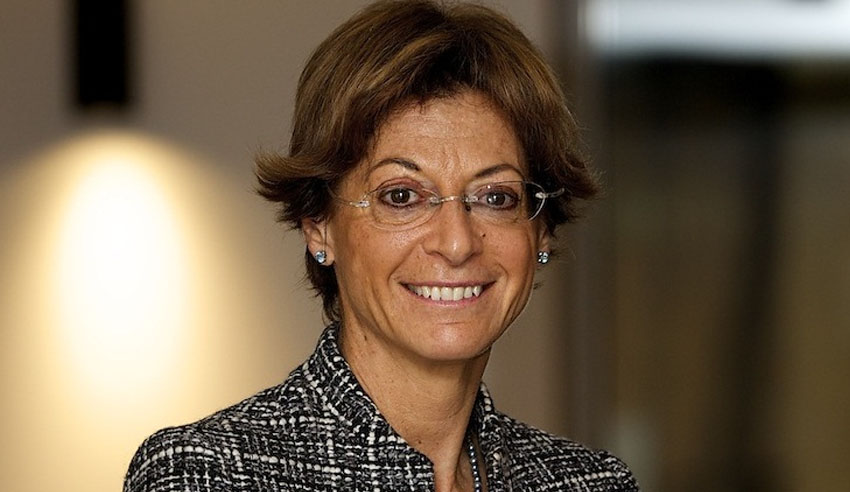Solitary confinement brutalises young people, Victoria Ombudsman says
The Victorian Ombudsman has used a damning report to call for the state government to prohibit in law the use of solitary confinement, which has since received the backing of major organisations Australian Law Alliance, Law Institute of Victoria and Human Rights Law Centre.

Source: ombudsman.vic.gov.au/About/Our-people
During an inspection of three Victorian facilities, Victorian Ombudsman Deborah Glass found practices that were incompatible with local and international human rights laws due to their “oppressive, discriminatory or simply, wrong” tactics.
To continue reading the rest of this article, please log in.
Create free account to get unlimited news articles and more!
“It must be acknowledged that correctional facilities can be highly challenging and, at times, dangerous places, both for detainees and staff. Children and young people can be irrational, volatile and unable to self-regulate, presenting behaviour that is more challenging and extreme than many adults,” Ms Glass said.
“But it is time to look beyond the ‘tough on crime’ rhetoric and consider what genuinely will lead to safer communities and safer correctional facilities.”
The report details experiences where young people were held in solitary confinement for over 100 days and put into cells described as “exceedingly bleak” and “brutal”, with faeces and flooded floors. In one case, a young boy was isolated 45 times in a year.
The report also found completely inadequate health and mental health checks or any services for children and young people subject to solitary confinement – which refers specifically to when a person is isolated for 22 hours a day or more without contact.
Barrister and national criminal justice spokesperson for ALA, Greg Barns, said: "Solitary confinement a a punishment for young people in detention should be abolished. The excessive use of solitary confinement found by the Ombudsman is unlawful and the young people who have suffered this punishment should be compensated."
LIV president Stuart Webb said the report showed some disturbing practices in youth justice and prison and it was time to come up with remedies to keep young offenders secure while maximising prospects of rehabilitation and return into community.
“The LIV strongly supports the recommendations made by the Ombudsman including recognising the negative impacts solitary confinements [have] on children and on young people,” Mr Webb said, adding he supports the idea to ensure culturally supportive spaces are implemented as an alternative to current practices of isolation.
Ruth Barson, a legal director at the Human Rights Law Centre, who was a member of the advisory committee that provided input into this report, said the government must act to ban solitary confinement and prevent further damage to young people.
“Solitary confinement brutalises people. It is an archaic way of treating people and is now known to inflict long-term and irreversible harm. With the confronting evidence of this report in front of him, it would be unconscionable for Daniel Andrews not to consign solitary confinement to the history books,” Ms Barson said.
The report made 26 recommendations to guard against “cruel, inhumane, degrading” treatment of young people and children in isolation. The Australian government ratified the report 18 months ago, which is the second the Ombudsman has undertaken.
Ms Barson added: “Evidence shows the health impacts of solitary confinement include anxiety, depression, hallucinations, psychosis and risk of suicide. A good government would not subject any human being to this type of cruelty.”






